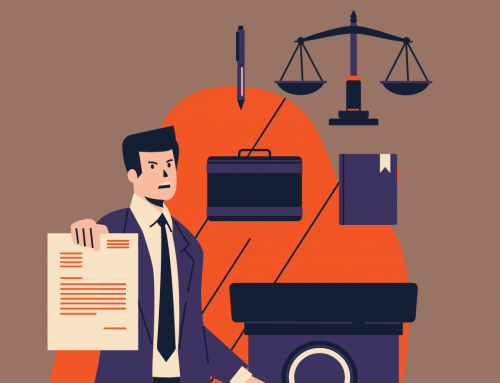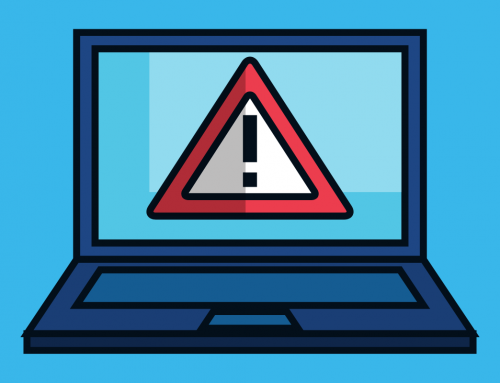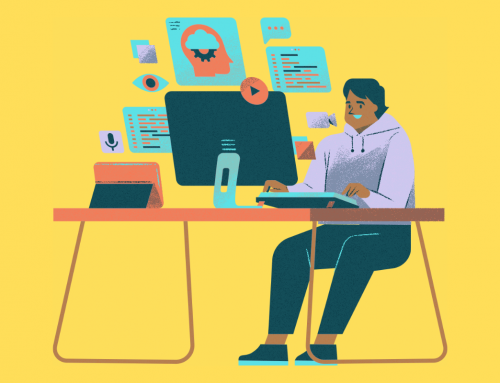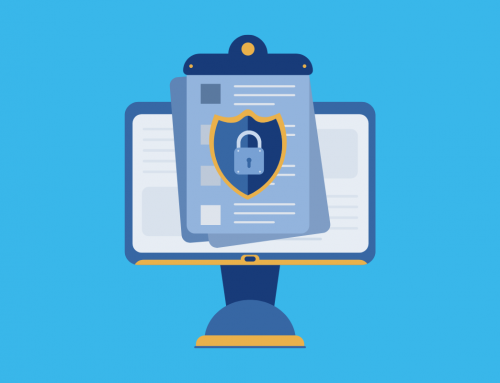Smart Home Devices Like Google Assistant and Siri Are Convenient But Pose Risks in Law Firms.
You probably use smart home devices like Google Assistant, Siri, or Alexa daily. There’s no question that they make life easier: you can ask them to schedule appointments, set reminders, or even look up quick information. But when it comes to your law office, relying on these smart technologies might not be as safe as it seems.
Lawyers in Canada are bound by strict rules to protect client information. With smart devices always listening, the risks of breaches in confidentiality and security are real. So, before you start using these tools in your office, it’s important to understand the potential dangers and how to manage them.
Why Smart Tech is Appealing in Law Offices
In a busy law office, anything that helps you manage time and tasks more efficiently is tempting. Smart assistants can help you multitask by allowing you to dictate notes, manage your calendar, and even research information quickly, all without lifting a finger. This convenience can be particularly useful when you’re juggling multiple cases.
However, the very feature that makes these devices convenient—their ability to listen and respond—can also pose significant risks. You’re dealing with sensitive client information daily, and any breach of this information could lead to serious legal and ethical consequences.
The Risk of Unintentional Eavesdropping
Smart home devices are designed to listen for their wake words like “Hey Siri” or “Okay Google.” But there have been instances where these devices started recording without the wake word being spoken. This is especially concerning in a law office where confidential information is frequently discussed.
Imagine you’re discussing case details with a colleague, and your smart assistant mistakenly thinks it hears its wake word. It could start recording your conversation and store that information on its servers. Even if it’s an innocent mistake, that data is now out there, potentially vulnerable to unauthorized access or even a data breach.
Data Storage and Security Concerns
Most smart home devices store recordings and data in the cloud. While this helps them learn and improve over time, it also means that your data is not entirely under your control. Once sensitive information is stored on external servers, it could be at risk if those servers are compromised.
In Canada, lawyers must comply with data protection regulations, and storing client information on third-party servers might not meet the required standards. If a security breach occurs, your firm could face legal penalties, not to mention damage to your reputation.
Legal and Ethical Considerations
You have a duty to protect your client’s information and maintain confidentiality. Using smart home devices that can listen and store conversations may conflict with this obligation. It’s essential to consider whether using these tools is in line with the ethical standards set by Canadian legal authorities.
For instance, if a smart assistant misinterprets a voice command and sends an email or text message with sensitive information to the wrong person, the consequences could be severe. Miscommunication could lead to mistakes that impact the outcome of a case, not to mention the potential breach of confidentiality.
How to Minimize the Risks
While the use of smart tech in law firms can be risky, it doesn’t mean you have to abandon it altogether. There are ways to minimize the risks and use these tools more safely in your law office:
- Turn Off Listening Features: If you’re discussing sensitive matters, consider turning off the always-listening feature on your devices. This simple step can prevent unintended recordings.
- Use Secure Communication Tools: Instead of relying on smart assistants for communication, use secure, encrypted platforms designed for legal professionals. These tools provide better security and ensure your communications remain confidential.
- Educate Your Team: Make sure everyone in your office understands the risks associated with using smart tech. Educating your team on safe usage practices can help prevent accidental breaches.
- Review Your Data Security Policies: Regularly review and update your office’s data security policies to address the use of smart devices. This should include guidelines on when and how these tools can be used.
- Stay Updated on Tech: Keep your smart devices updated with the latest security patches and software updates. This helps protect against vulnerabilities that hackers could exploit.
- Be Cautious with Client Communication: Avoid using smart assistants for client communication, especially when discussing sensitive details. Instead, stick to more secure methods like encrypted email or in-person meetings.
- Consult IT Experts: Work with IT professionals who understand the unique needs of law firms. They can help you set up security measures that protect your client’s information while still allowing you to benefit from modern technology.
Conclusion
Using smart tech like Google Assistant or Siri in your law office might seem like a great way to stay organized and efficient. However, the risks associated with these tools—such as unintentional eavesdropping, data breaches, and ethical concerns—are significant. In the legal field, where client trust is paramount, you can’t afford to take these risks lightly.
By taking steps to secure your smart devices and being mindful of how you use them, you can help protect your clients’ information and maintain the integrity of your practice. While smart tech in law firms offers many benefits, it’s essential to balance convenience with the responsibility of safeguarding confidential information.










